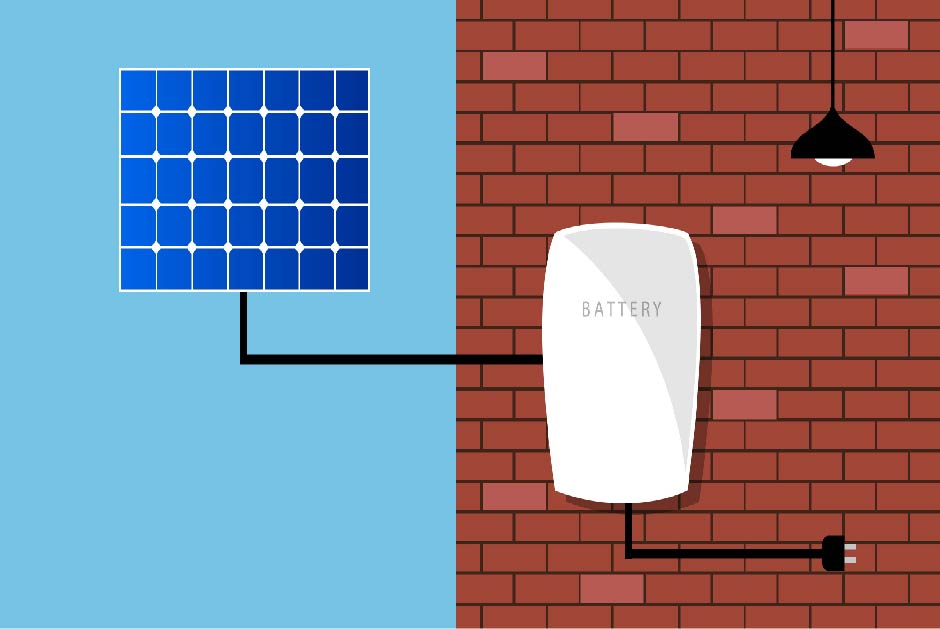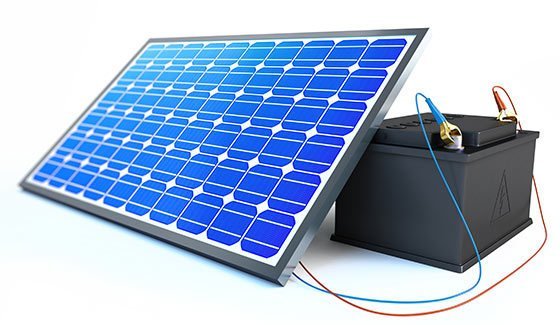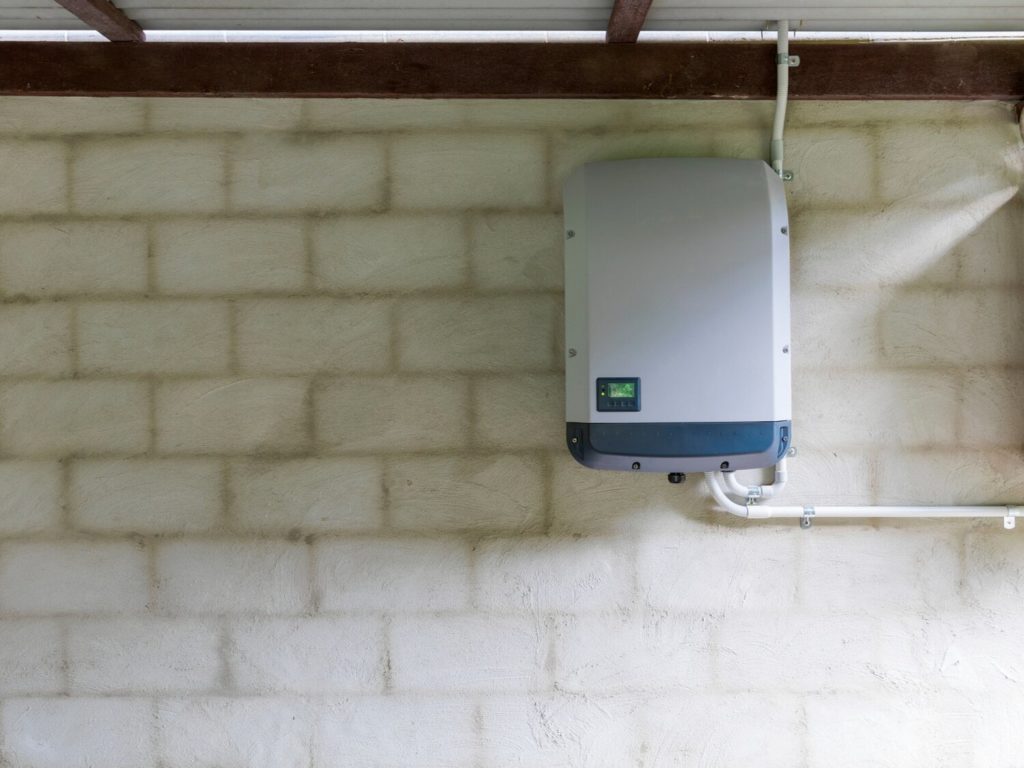
Investing in a solar panel system is great for many reasons. Not only will you end up saving money in the long run, but you will also be helping the environment by reducing your carbon footprint.
Solar panel systems, however, do not come cheap. Paying for the equipment alone is costly, yet when you include set-up costs, this can come to quite a large sum.
Get a quote for Solar panels today!
You will need to have solar batteries for your solar panel system, yet there are so many on the market posing the question: “Which one is the best and worth your money?”
How to compare the best solar storage options
Prepare to come across a lot of complicated specifications.
The most important specification to evaluate is the solar panel battery’s capacity and power ratings, as well as its depth of discharge, the warranty, and its round-trip efficiency.
You will be able to find all the information you need on manufacturer’s websites, as well as comparison websites.
Capacity and Power

Capacity is the total amount of electricity you can store (measured in kilowatt-hours), whereas the power rating will tell you the amount of electricity the battery can deliver at any one time.
Depth of Discharge
Due to their chemical composition, solar batteries will need to retain charge at all times. Failure to do so will significantly shorten your battery’s life expectancy. Never use all of a battery’s charge for this reason.
Most manufacturers will have the amount of a battery’s capacity that has been used, as well as specify a maximum depth of discharge for optimal performance.
Warranty
The more you use your battery, the less charge it will be able to hold. This is the simple lifecycle of a battery. Think of the battery in your mobile phone and how you charge it nightly – the more you use and charge it, the less effective your phone gets at holding the charge.
Get a quote for Solar panels today!
Check with the manufacturer before purchasing as they will typically have a guarantee for a certain number of years. Battery life naturally decreases over time, so having a guarantee will ensure that if the battery was to fail before it should, you will get it replaced at no additional cost.
Round-trip Efficiency
Round-trip Efficiency is the journey from DC to storage, to DC again, and how efficient the storage battery is – in other words, it’s the amount of retrievable energy put into storage.
Put simply, a solar panel battery’s round-trip efficiency is best the higher the number. The higher round-trip efficiency generally means you will get more economic value from your battery.
Consider The Manufacturers On The Market
There are many manufacturers and organisations to consider when deciding on the right solar panel battery for you, so be sure to do your research into each company you look at.

Of course, a major manufacturer that has good reviews, and a backing behind their name is likely seems like the best bet, though a brand-new startup might have a new, high-performing piece of technology.
The latter may mean taking a risk, but it could be better than any other manufacturer out there.
How Long Do Solar Panel Batteries Last For?
A solar panel battery that is fully charged will run your home overnight when the panels are not producing energy. However, to make an exact calculation, you will need to consider the following variables:
- The amount of energy your home consumes in a day
- The power rating for your solar battery
- Whether you are connected to the electric grid
It is important to know that there is no easy, simple answer. You will need to have more than one battery, and to prepare for cloudy days without much sun, you may need backup batteries.

The general lifespan of a battery, however, is between 5 and 15 years. The lifespan of solar panels has increased over the last few years, and the quality of batteries are set to follow suit, too.
You will need to practice proper maintenance and protect it from the elements – keeping it from freezing or getting too hot and overheating. To stop this from happening, many battery manufacturers, like Tesla, include temperature moderation as a feature.
The Best Solar Panel Batteries:
Tesla Powerwall
Tesla has been praised for its ability to make high-quality electric vehicles and reimagine and rebrand existing technologies into something much better. In 2015, Tesla Motors said they were moving into the home energy storage market, producing the Tesla Powerwall.

The Tesla Powerwall comes with a 10-year warranty, is guaranteed to maintain at least 70 percent of its capacity to hold charge and will charge and discharge every day.
LG Chem RESU
One of the leaders in the home electronics industry, LG, has some of the most popular solar panels.
Its battery is also just as popular. The LG Chem RESU is so popular because of its small size, ease of installation, and safety. The LG Chem RESU will come with a 10-year warranty, and a guaranteed end of warranty capacity of 60%.
Pika Energy Harbor Smart Battery
Pika Energy is a US-based manufacturer. Like all batteries, the Pika Energy Harbor Smart Battery is to help manage costs and provide backup power if your home was ever to go off-grid. The Harbor battery is available in two sizes – the 11.4 kWh and the 17.1 kWh.
Get a quote for Solar panels today!
Like the others, you will get a 10-year warranty with the Harbor battery, but if you also install a full Pika Energy solar-plus-storage system with PV Link solar optimisers, you will be covered by a 25-year warranty.
Choosing The Right Solar Battery For You
Batteries for a home are made of three chemical compositions – lithium-ion, saltwater, and lead acid. It is believed that lithium-ion batteries are the best option for those looking to store power from their solar panel system. Other battery types are available, though there is a question of whether they are as efficient as a lithium-ion battery.
Be sure to look at reviews like the one above when deciding on the right solar panel battery for you and your home. Of course, there are many on the market, which is why learning about the solar batteries themselves can make the process easier.
